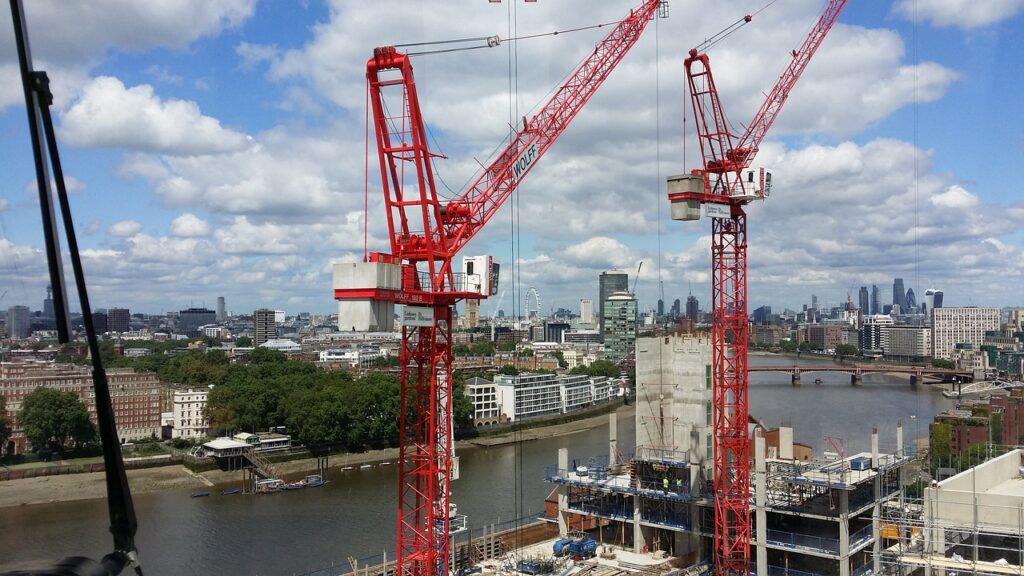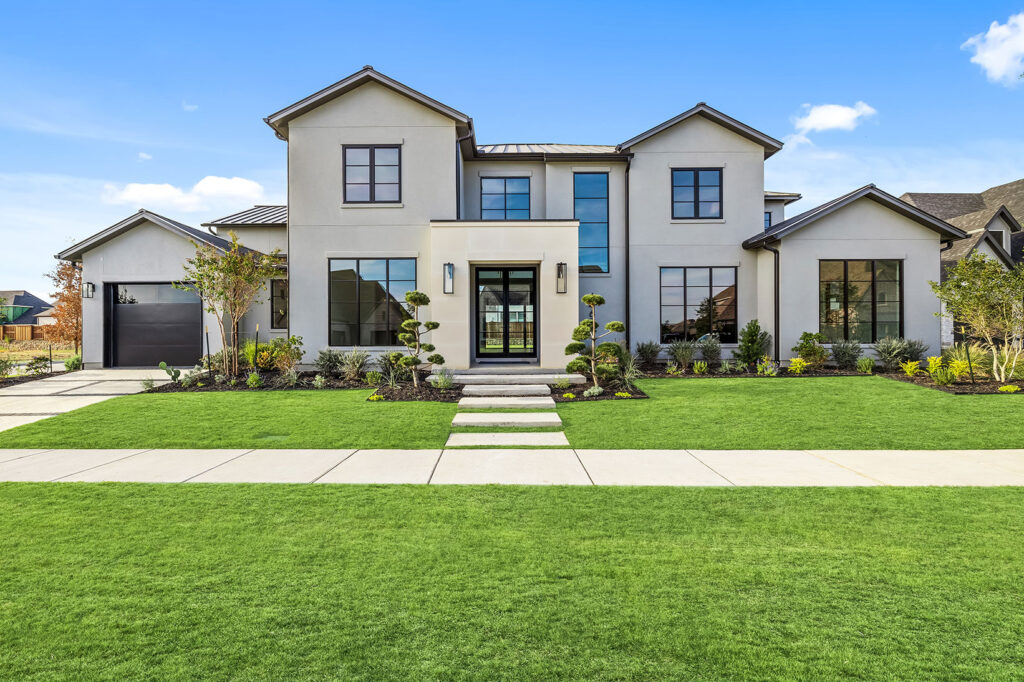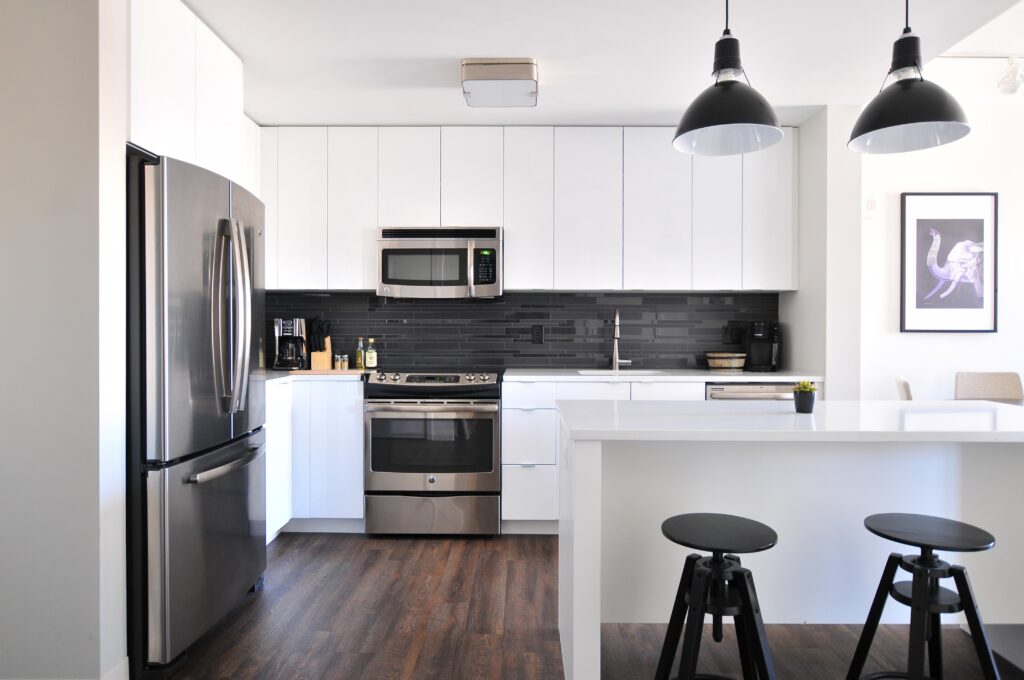Residential construction projects are complex endeavors that involve numerous stakeholders, processes, and variables. Despite meticulous planning and coordination, delays can occur, leading to cost overruns, frustration among stakeholders, and potential legal issues. Understanding the major causes for residential construction delays is crucial for mitigating risks and ensuring project success. In this article, we will explore some of the primary factors that contribute to delays in residential construction projects.
Permitting and Regulatory Compliance
One of the leading causes of residential construction delays is the time-consuming process of obtaining permits and ensuring regulatory compliance. Delays can occur due to bureaucratic red tape, lengthy approval processes, and changes in building codes or zoning regulations. Issues with environmental assessments, historic preservation requirements, or community impact studies can also prolong the permitting phase, causing delays before construction can commence.
Design Changes and Scope Creep
Changes in project design or scope during the construction phase can significantly impact project timelines. Design changes may result from client requests, unforeseen site conditions, or revisions to meet regulatory requirements. Poorly defined project scopes, ambiguous contract terms, and inadequate communication between stakeholders can contribute to scope creep, leading to delays as construction teams must adjust plans, order new materials, and revise schedules accordingly.
Material and Equipment Shortages
Supply chain disruptions, global market fluctuations, and shortages of critical materials or equipment can cause significant delays in residential construction projects. Delays may result from procurement challenges, transportation issues, or unexpected supply chain disruptions, leading to project setbacks, increased costs, and scheduling conflicts.
Weather and Environmental Factors
Weather conditions and environmental factors such as extreme temperatures, heavy rainfall, snowstorms, or natural disasters can impact construction schedules. Inclement weather may halt outdoor construction activities, delay material deliveries, or compromise site safety, leading to project delays and schedule adjustments.
Labor Shortages and Skilled Workforce Issues
A shortage of skilled labor in the construction industry can lead to delays as projects struggle to find qualified workers for key roles. Factors contributing to labor shortages include demographic shifts, retirements of experienced workers, insufficient training programs, and competition from other industries. Lack of skilled labor can result in productivity issues, extended project timelines, and increased costs due to overtime or subcontractor delays.
Contractor and Subcontractor Performance
Delays can also arise from contractor and subcontractor performance issues, including poor workmanship, inadequate project management, communication breakdowns, or disputes over contract terms. Inefficient scheduling, subcontractor non-compliance, and quality control issues can lead to project delays, rework, and strained relationships among project stakeholders.
Financial Challenges and Funding Issues
Financial challenges, budget constraints, and funding issues can impact the timely completion of residential construction projects. Delays may result from insufficient funding, project cost overruns, payment disputes, or delays in securing financing. Inadequate cash flow can hinder progress, delay material purchases, and lead to subcontractor non-payment, causing project delays and disruptions.
Unforeseen Site Conditions and Change Orders
Discovering unforeseen site conditions during construction, such as soil instability, utility conflicts, or environmental hazards, can lead to delays as construction teams must assess risks, implement corrective measures, and revise project plans accordingly. Change orders initiated by unforeseen conditions, client preferences, or regulatory requirements can also impact project timelines, leading to delays as teams adjust budgets, schedules, and resources.
Communication and Coordination Challenges
Poor communication and coordination among project stakeholders, including owners, architects, contractors, and subcontractors, can contribute to delays in residential construction projects. Inadequate project documentation, unclear responsibilities, misaligned expectations, and insufficient collaboration tools can lead to misunderstandings, errors, rework, and scheduling conflicts, impeding project progress and causing delays.
Legal and Regulatory Disputes
Disputes, claims, and legal issues related to contracts, warranties, liability, or compliance can result in project delays and disruptions. Legal challenges may arise from contract disputes, construction defects, payment issues, regulatory violations, or disagreements among stakeholders. Resolving legal disputes can be time-consuming, and costly, and may require mediation, arbitration, or litigation, causing delays in project timelines and impacting project outcomes.
In conclusion, residential construction delays can stem from a variety of factors, including permitting challenges, design changes, material shortages, weather impacts, labor issues, contractor performance issues, financial constraints, unforeseen site conditions, communication challenges, and legal disputes. Proactive risk management, effective project planning, clear communication, collaboration, and contingency planning are essential strategies for mitigating delays and ensuring successful outcomes in residential construction projects.
For more information you can call us at 07440079145 or contact us





